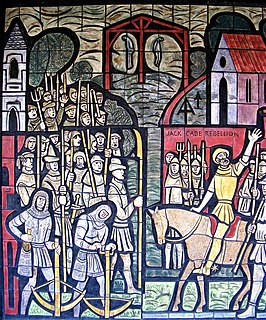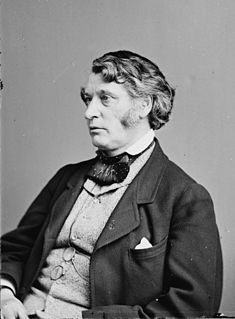A Quote by Robert Kennedy
The glory of justice and the majesty of law are created not just by the Constitution - nor by the courts - nor by the officers of the law - nor by the lawyers - but by the men and women who constitute our society - who are the protectors of the law as they are themselves protected by the law.
Related Quotes
I often wonder whether we do not rest our hopes too much upon constitutions, upon law and upon courts. These are false hopes, believe me, these are false hopes. Liberty lies in the hearts of men and women; when it dies there, no constitution, no law, no court can save it; no constitution, no law, no court can even do much to help it. While it lies there it needs no constitution, no law, no courts to save it.
What are wanted ...are not Constitutions and Revolutions, nor all sorts of Conferences and Congresses, nor the many ingenious devices for submarine navigation and aerial navigation, nor powerful explosives, nor all sorts of conveniences to add to the enjoyment of the rich, ruling classes... but one thing only is needful: the knowledge of the simple and clear truth ...that for our life one law is valid - the law of love, which brings the highest happiness to every individual as well as to all mankind.
If Nixon is not forced to turn over tapes of his conversations with the ring of men who were conversing on their violations of the law, then liberty will soon be dead in this nation. If Nixon gets away with that, then Nixon makes the law as he goes along - not the Congress nor the courts. The old Court you and I served so long will not be worthy of its traditions if Nixon can twist, turn and fashion the law as he sees fit.
The law is equal before all of us; but we are not all equal before the law. Virtually there is one law for the rich and another for the poor, one law for the cunning and another for the simple, one law for the forceful and another for the feeble, one law for the ignorant and another for the learned, one law for the brave and another for the timid, and within family limits one law for the parent and no law at all for the child.


































